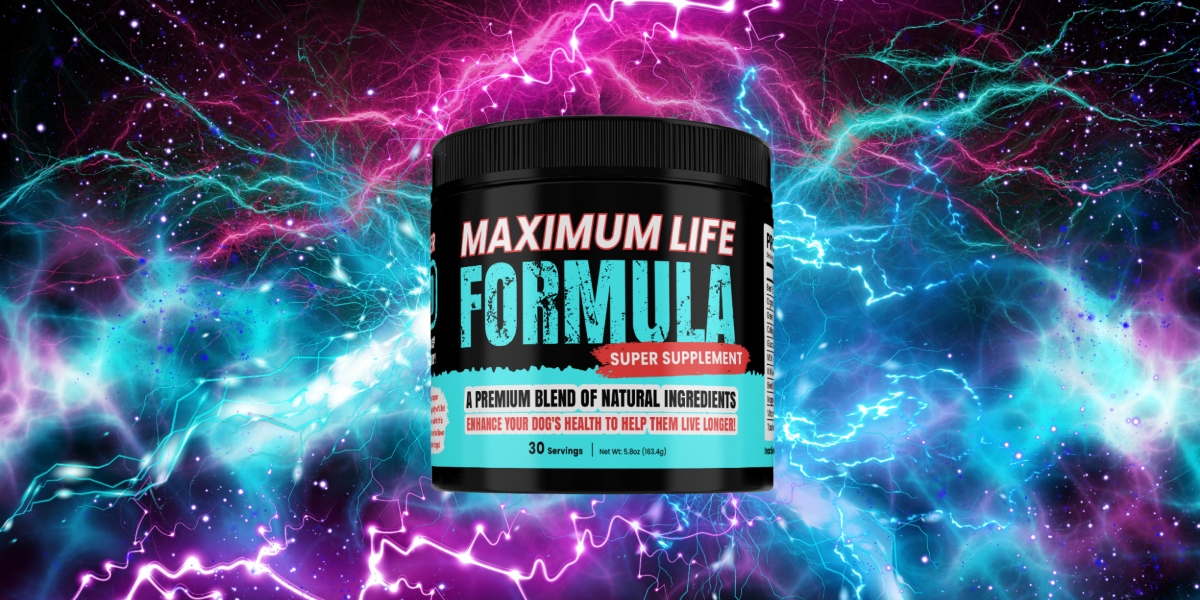Image commercially licensed from Unsplash
In recent years, remarkable advancements in healthcare have been witnessed in the field of robotics and technology. These digital innovations have played a crucial role in transforming the way patients recover and regain their mobility, particularly in short-term rehabilitation.
One individual who is exceptionally passionate about this topic is Joel Landau, the founder of The Allure Group. The Allure Group manages six skilled nursing facilities across New Jersey and New York, providing residents with access to the latest healthcare technology. Joel has witnessed the powerful impact of merging robotics with short-term rehabilitation, especially for older adults recovering from surgery or other ailments like strokes or heart attacks.
Below are some of the digital advancements that Joel Landau believes will have the most significant impact in short-term rehab, specifically in the senior care industry:
HydroWorx 1200 Aqua Therapy Pool:
Water-based therapy has long been recognized as beneficial for rehabilitation. The HydroWorx 1200 Aqua Therapy Pool takes this concept to new heights by combining an advanced underwater treadmill with adjustable water currents. This allows patients to engage in low-impact exercises, reducing joint stress and increasing mobility. The innovative solution enables individuals to regain their range of motion and strength in a protected, controlled environment.
Armeo Spring:
Armeo Spring is a robotic arm exoskeleton that assists patients in regaining upper limb functionality and coordination. This device incorporates sensors and virtual reality technology to provide engaging and interactive therapy sessions. By challenging patients with various tasks and movements, Armeo Spring stimulates neuroplasticity and promotes motor recovery. It offers a tailored approach to rehabilitation, addressing the specific needs of each patient.
Lokomat:
Lokomat is a robotic gait training system that helps individuals with walking impairments relearn and refine their walking patterns. By providing body-weight support and robotic guidance, Lokomat enables patients to engage in repetitive, task-specific training sessions. This technology facilitates early mobility and gait recovery while also reducing the risk of falls and injuries. Lokomat has proven effective in optimizing walking abilities during short-term rehabilitation.
H200:
The H200 is a functional electrical stimulation (FES) system that aids in the rehabilitation of hand and forearm functionality. By delivering electrical impulses to specific muscles, the H200 stimulates motor control and enhances movement coordination. This technology assists patients in regaining hand and arm strength, enabling them to perform essential daily activities. The H200 offers a non-invasive and efficient solution for hand rehabilitation.
L300 GO:
The L300 GO is a wearable device that employs functional electrical stimulation to support individuals with foot drop, a common condition among stroke survivors. By stimulating the appropriate leg muscles, the L300 GO improves foot clearance during walking, facilitating a more natural gait pattern. This technology promotes mobility and reduces the risk of tripping or falling, enabling patients to regain their confidence and independence.
AlterG Anti-Gravity Treadmill:
The AlterG Anti-Gravity Treadmill revolutionizes the concept of walking and running rehabilitation. By utilizing air pressure to reduce body weight, this advanced treadmill allows patients to engage in exercise without placing excessive stress on their joints. This technology enables individuals to gradually increase their weight-bearing capacity and improve their cardiovascular fitness, enhancing their overall recovery progress.
EarlySense:
EarlySense is an innovative monitoring system that enhances patient safety and improves the early detection of potential health complications. By utilizing contact-free sensors placed under the mattress, EarlySense continuously monitors vital signs such as heart rate, respiratory rate, and movement patterns. This real-time data enables healthcare providers to intervene promptly and prevent adverse events, ensuring optimal care during short-term rehabilitation.
ConstantCare:
ConstantCare is an artificial intelligence-powered platform that revolutionizes remote patient monitoring. It utilizes advanced algorithms to analyze patient data, providing actionable insights and predictive analytics to healthcare professionals. ConstantCare enables continuous monitoring of patients’ health status, allowing for early intervention and personalized care. This technology promotes efficient communication and collaboration between patients, caregivers, and medical teams, optimizing short-term rehabilitation outcomes.
The rapid advancements in robotics and technology have transformed short-term rehabilitation, offering personalized and efficient solutions. As technology continues to evolve, we can expect even more groundbreaking solutions to shape the future of short-term rehabilitation and empower patients on their journey to recovery. With ongoing innovation and integration of digital advancements, the possibilities for enhancing patient outcomes and improving the overall rehabilitation experience are limitless. By embracing these technological advancements, we can create a future where rehabilitation is more effective, accessible, and tailored to the needs of everyone, ultimately improving the quality of life for patients undergoing short-term rehabilitation.










